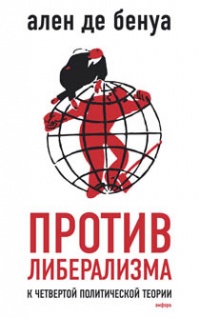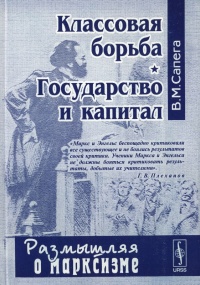Книга Постправда: Знание как борьба за власть - Стив Фуллер
Читать книгу Постправда: Знание как борьба за власть - Стив Фуллер полностью.
Шрифт:
-
+
Интервал:
-
+
Закладка:
Сделать
Перейти на страницу:
Перейти на страницу:
Книги схожие с книгой «Постправда: Знание как борьба за власть - Стив Фуллер» от автора - Стив Фуллер:
Комментарии и отзывы (0) к книге "Постправда: Знание как борьба за власть - Стив Фуллер"








